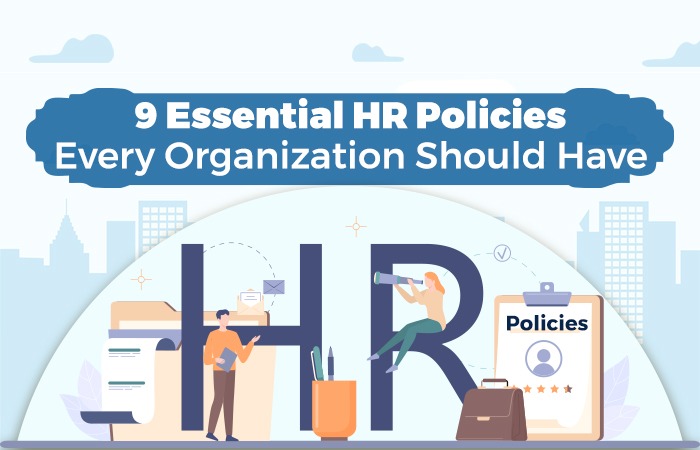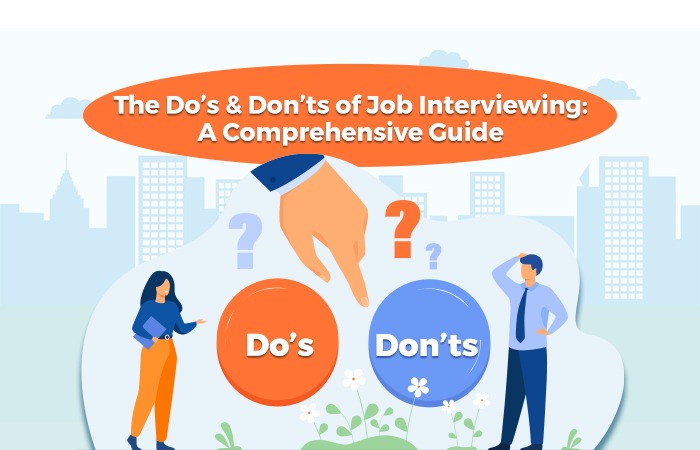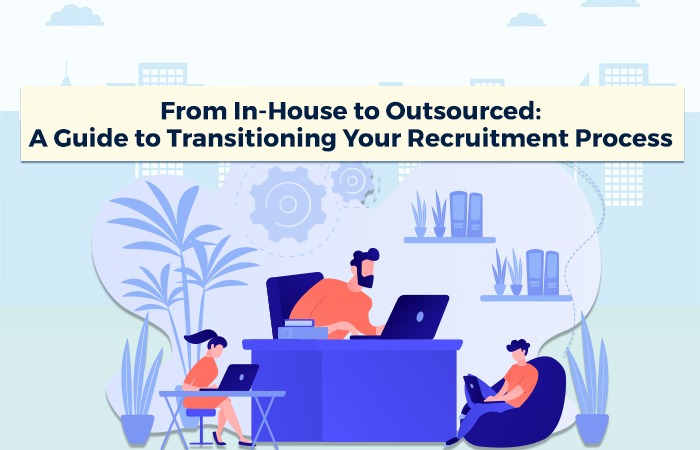While technology has made our lives simpler, it has blurred the once clear lines between personal and work time. Advancements in the digital and mobile technology means that you are accessible 24/7. And due to this, employer expectations have increased and personal space has decreased.
Work from home or Remote Working forced upon by the pandemic made the situation even worse. With people struggling to manage work and home amid the pandemic, work-life balance has taken a beating.
If you can relate with this and you feel that your work-life balance seems like a far-fetched dream, this article is for you.
Why is Work Life Balance Important?
Work-life balance as the term suggests is an equilibrium between personal life and work life. however, in the present demanding business world, achieving work-life balance is an impossible feat.
Just as we need a balanced diet to stay healthy, we need a balanced work-life to remain healthy mentally and physically. Poor work-life balance can lead to multiple health issues like back pain, headaches, hypertension, obesity along with stress, anxiety and depression.
Organisations are working on creating healthy work environment as they realise that lack of work-life balance is detrimental to the overall wellbeing of the organisation. Overworked and burned-out employees lead to accidents, lower creativity, employee engagement, and overall reduced productivity.
Here are 9 ways in which you can work towards getting your work-life balance back on track.
- Plan Your Day
Plan your day such that you can combine some breaks and leisure activities.
Plan short breaks after long calls so that you get time to relax or stretch. Plan some time for health and fitness activities too.
Planning your day in advance helps you be calmer and achieve more at work, while having dedicated ‘me-time’.
- Learn to Say No
Saying No is a difficult skill to learn and practice. Discuss the situation with your manager if you are working late every day just to get by. Learn to say no to colleagues and team members for frequent coffee breaks or help if you are already overworked. It is also ok to say no to extra work or projects that are less important and save your time and energy for more important projects or work.
- Include Time for Hobbies
An important part of work-life balance is being able to do what you like to do. Most often between work and home, you tend to ignore yourself. Hence it is extremely important to take time out for your hobbies. Spending time painting, listening to music, reading, playing, dancing, etc can help you destress and relax.
- Follow a Healthy Lifestyle
The first and most important step towards physical and mental wellbeing is leading a healthy lifestyle. Ensure you get proper sleep, exercise and nutrition. Get up, stretch and walk every hour or two. Practice yoga and meditation every day. You can take your calls while taking a walk if it does not require you to be in front of your laptop.
- Take Breaks
Dolly Parton says it rightly – “Don’t get so busy making a living that you forget to make a life”.
Take frequent breaks. Even small 1-minute breaks can help you concentrate better and be more engaged at work.
Unwind during weekends doing things you enjoy. Take vacations and time off from work at least once a year to come back feeling rejuvenated.
- Flexibility at Work
Ask for flexibility at work. Flexibility helps you balance your personal and social life along with your work. It can be in form of remote working option or working flexible hours or any other option that works for you and your organisation.
- Unplug
Set boundaries in terms of work hours and communicate it to your team. You can turn off notifications about your work email once you are home.
You can also consider turning off your phone and all other digital devices an hour before you sleep. You can communicate an emergency number where your team members can reach you in case of an urgent issue.
- Take a Step Back
Sometimes you need to take a step back and assess what is missing in life. You might not realise it but sometimes we spread ourselves so thin that we have no time to do things that we love doing the most.
Take note of things you want to spend your time on and things that are stressing you. Find your calling. You may even have to relook at your job or even your career.
- Take Help
It is ok to take help when you feel overwhelmed or stuck. A professional counsellor can help you make small changes in your life to improve your work-life balance. They can act as a support system to help you keep yourself together in times of need.
Lastly, check your priorities from time to time and make changes as you go. Creating work-life balance is an ongoing process and it needs constant learning and adapting.













